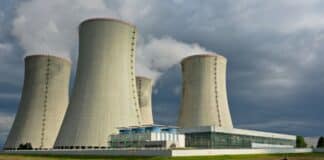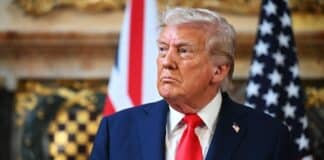Senior Russian legislator, Pyotr Tolstoy, has predicted that the ongoing conflict between Russia and Ukraine may persist for an additional two to three years.
He attributed this estimation to the formidable defense of Ukraine, which has been significantly enhanced through vast Western military support, according to RT News.
Speaking in a recent television interview with Vyacheslav Manucharov, Tolstoy remarked, “It won’t be quick. There is serious resistance, the enemy is tough.”
He also emphasized the international backing Ukraine has received, noting, “We should not underestimate the fact that almost all countries are supplying [Kiev] with weapons and materiel. Ukraine has nothing of its own, it is fighting only with what it has received.”
Since the inception of the conflict in February 2022, Western nations have committed tens of billions of dollars in security assistance to Ukraine, with the United States notably contributing $43 billion, although other estimates place that figure above $100 billion.
Russia has consistently cautioned that such aid only serves to extend the conflict without altering the eventual outcome.
Despite the prolonged confrontation, Russia remains open to dialogue.
However, attempts to facilitate peace talks faced a setback last autumn when Kiev halted all negotiations with the current Moscow administration.
This decision followed the vote by four former Ukrainian territories to join Russia through public referendums.
Tolstoy accepted that the ongoing strife would be challenging for Russia, RT notes.
He referenced the tragic events in Odessa in May 2014, post the Western-backed coup in Kiev, saying that the military campaign was essential so Russians “do not feel humiliated” in the aftermath of such incidents.
Notably, during those events, pro-Russian activists were reportedly trapped and set aflame in the Trade Unions House by Ukrainian nationalists, resulting in the death of at least 42 individuals.
Russian authorities have asserted their intent in Ukraine, stating the campaign will conclude once Moscow meets its objectives, which include safeguarding Donbass from “genocide” and establishing “conditions guaranteeing Russia’s security.”





